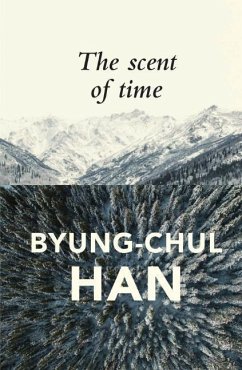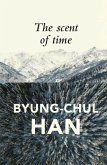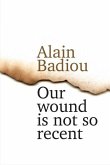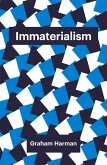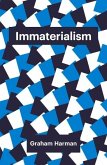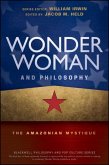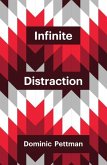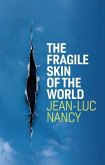In his philosophical reflections on the art of lingering, acclaimed cultural theorist Byung-Chul Han argues that the value we attach today to the vita activa is producing a crisis in our sense of time. Our attachment to the vita activa creates an imperative to work which degrades the human being into a labouring animal, an animal laborans. At the same time, the hyperactivity which characterizes our daily routines robs human beings of the capacity to linger and the faculty of contemplation. It therefore becomes impossible to experience time as fulfilling. Drawing on a range of thinkers including Heidegger, Nietzsche and Arendt, Han argues that we can overcome this temporal crisis only by revitalizing the vita contemplativa and relearning the art of lingering. For what distinguishes humans from other animals is the capacity for reflection and contemplation, and when life regains this capacity, this art of lingering, it gains in time and space, in duration and vastness.
"The Scent of Time describes what may be the condition of Byung-Chul Han's unique international success among philosophers writing today. Starting out with the concept of 'dyschronicity,' he analyzes a new, centrifugal form of time as a premise of existence which no longer allows for marked contours, beginnings, or endings - but to those lively duration we can react with fresh modes of contemplative life."
Hans Ulrich Gumbrecht, Stanford University
Hans Ulrich Gumbrecht, Stanford University

